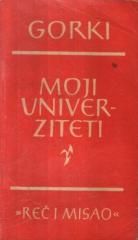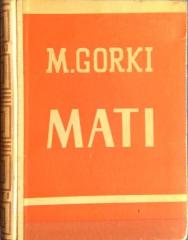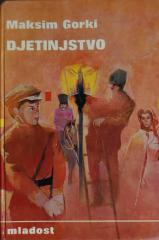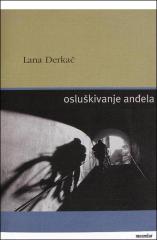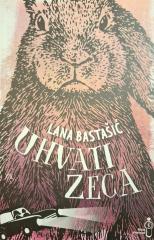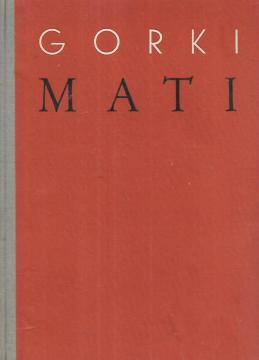
Mati
Roman Maksima Gorkog „Mati” objavljen je 1906. godine i jedno je od ključnih dela ruskog socrealizma. Delo prikazuje buđenje radničke klase u Rusiji kroz likove i događaje koji naglašavaju društvene nepravde i potrebu za revolucijom.
Radnja romana smeštena je u radničko naselje u industrijskom predgrađu. Glavni lik je Pelagija Nilovna Vlasova, udovica radnika i majka mladića Pavela Vlasova. Pelagija je prikazana kao skromna, nesigurna i neuka žena koja vodi život pun patnje, trpeći siromaštvo i grubost svog pokojnog muža. Međutim, njen život se menja kada njen sin Pavel počinje da učestvuje u revolucionarnom pokretu.
Pavel se povezuje sa grupom radnika koji organizuju tajne sastanke i šire revolucionarnu literaturu među radnicima. Pelagija, iako u početku zbunjena i zabrinuta zbog Pavlovih aktivnosti, postepeno postaje svesna društvenih nepravdi koje pogađaju radnike. Kroz interakciju sa revolucionarima i svedočenje o nepravdi, ona počinje da razume ideje koje Pavel i njegovi drugovi zastupaju.
Kako priča napreduje, Pelagija preuzima sve aktivniju ulogu u revolucionarnim aktivnostima. Njena uloga „majke“ simbolizuje majčinski odnos prema celokupnom radničkom pokretu. Ona postaje glasnik koji prenosi zabranjenu literaturu i učestvuje u organizaciji radničkih sastanaka, rizikujući sopstveni život.
Roman kulminira Pavlovim hapšenjem tokom protesta. Uprkos gubitku sina, Pelagija nastavlja da se bori, simbolizujući nepokolebljivi duh revolucije. Kroz svoj lik Gorki prikazuje transformaciju obične žene u snažnu i odlučnu revolucionarku, naglašavajući snagu promene i solidarnost među radnicima.
„Mati“ je jedno od najvažnijih dela koje je oblikovalo književnost socrealizma i ostaje moćan prikaz borbe za pravdu i ljudska prava.
Jedan primerak je u ponudi
- Spuren von Patina
